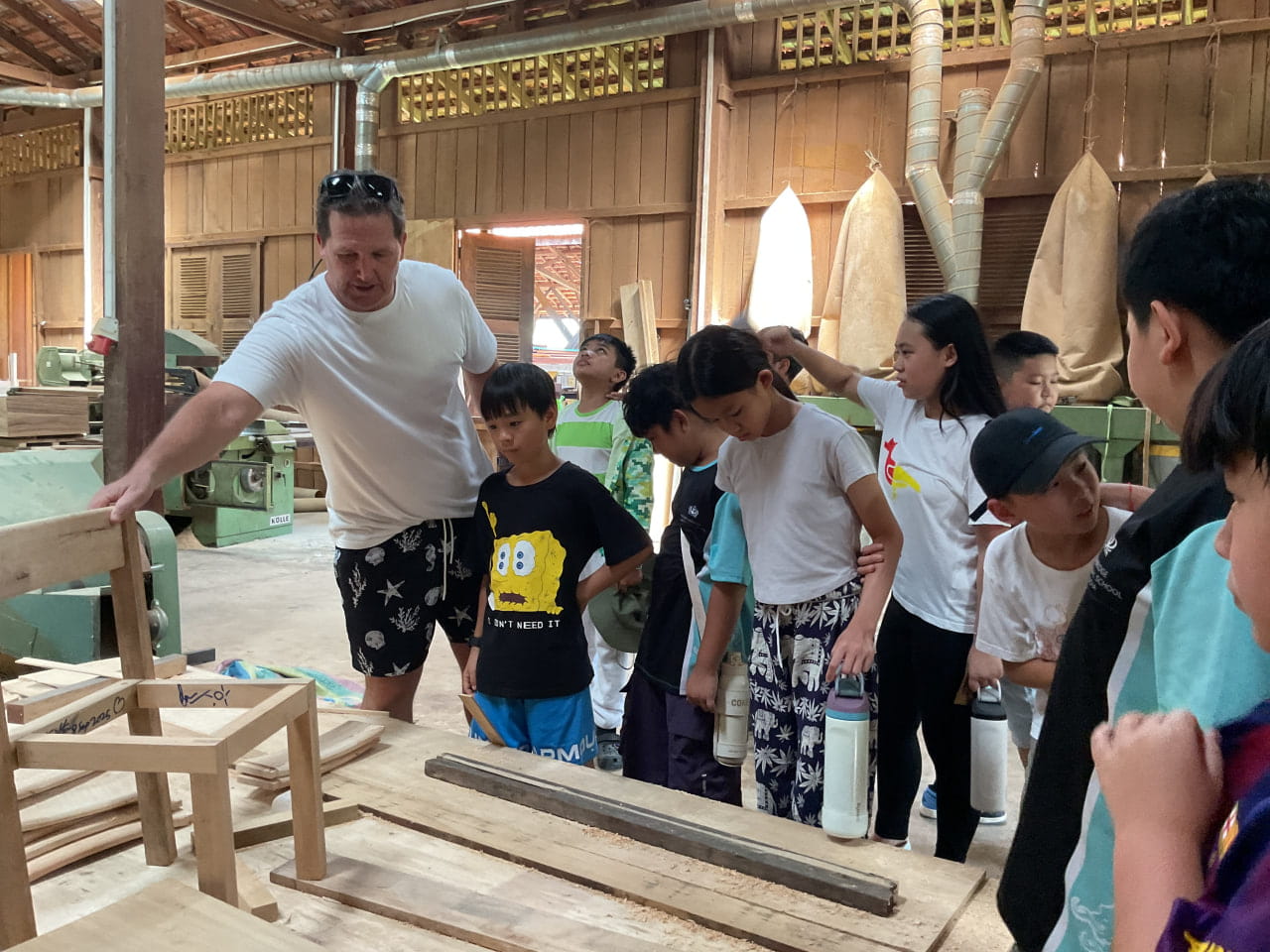“Reading is the gateway that makes all other learning possible” - Barack Obama
We can never underestimate the importance of reading. Early Learning and into the Primary years are foundational to our ability:
- to think about our learning (metacognition),
- to communicate with adults and peers, and
- to develop our literacy skills in the English language throughout our daily lives at school and home.
Where does it start?
- Listening to English speakers; Learning a language begins early as we associate objects with a word and attribute meaning to this auditory sound -a word
- Observing English language as someone reads or writes using the phonetic (sound) patterns of the language so that we associate the letters and sounds of English – a sentence and a piece of writing (text).
Home Language is important
Research shows that our HOME Language is the most important pre-requisite to learning another language English. Reading, writing and viewing and communicating in your own language needs to be consolidated before acquisition of another language can be strong.
“.. students with strong reading skills in the home language also have strong reading skills in their second language,” Dr Genesse (2010) describes “The Home Language (as) An English Language Learner's Most Valuable Resource”.
How do we learn to read?
The pre-requisite knowledge that ensures that reading acquisition is possible is called; ‘The Science of Learning to Read’.
“Written language is a code, (therefore), Teaching young kids how to crack the code—teaching systematic phonics—is the most reliable way to make sure that they learn how to read words” (Schwartz & Sparks, 2019).
In Early Learning & Grades 1, 2 and 3, we spend our every morning, focusing upon ‘cracking this code’ to understand the sound patterns that make up the 44 sounds of our English language. We see how some letters individually, as digraphs (2 letters), trigraphs (3 letters) or even quadgraphs (4 letters) join together to make one sound.
Yes! The English language is complex hence we UNLOCK the CODE to enable children to access the print they see and hear in speaking and books and, also start to write these sound patterns to make words.
Reading is a complex process of using a VISUAL code to support children to read so that the structure and meaning of the writing can be accessed.
We are using ‘Read Write Inc’ as a new program at NISC of supporting students to ‘unlock the code’. We use direct teaching, peer teaching and independent work to read and write the words in texts.
Some words in English are easy to DECODE using the patterns we learn - Green Words
Some words in English cannot be decoded easily because the word has an unusual sound pattern –Red Words, ie: the, put, want
This week we commenced our NEW HOME READING in GRADE 1 & 2. With new Book bags and new reading books to take home once a week, the children were so excited to share their learning with their families at HOME.
Please follow their lead as they show you HOW WE LEARN TO READ at school - I think you will be amazed to hear and see.
You can help us with this new Home reading routine by;
Listening to your child read the books 3 times ( 3 different times) and sign 3 times with a tick
Encouraging your child to bring their BOOK bag back every week on your Grade level day;
Being excited about their attitude and efforts to read, talk about their book and ask questions;
Putting in the effort early and prioritizing all the opportunities to READ at home in English will make a difference to your child’s learning.
“A child who reads will be an adult that thinks.” Unknown
– Is there anything more that we could want for the future of our children?
Let’s make READING a big part of our home support as we launch into a new Home Reading system!
If you have any questions about our new Home Reading, please email Ms Donita: donita.bell@nisc.edu.kh
Useful links and discussions for PARENTS about ‘learning to read’:
https://www.colorincolorado.org/article/home-language-english-language-learners-most-valuable-resource
https://www.edweek.org/teaching-learning/how-do-kids-learn-to-read-what-the-science-says/2019/10
https://www.ldonline.org/ld-topics/reading-dyslexia/how-children-learn-read
https://home.oxfordowl.co.uk/reading/reading-schemes-oxford-levels/read-write-inc-phonics-guide/

.jpg?h=960&iar=0&w=1280&rev=df178faf7063452da0307a453d415997&hash=B69CD4EA9DFF855AE742EABE80B06B4D)




